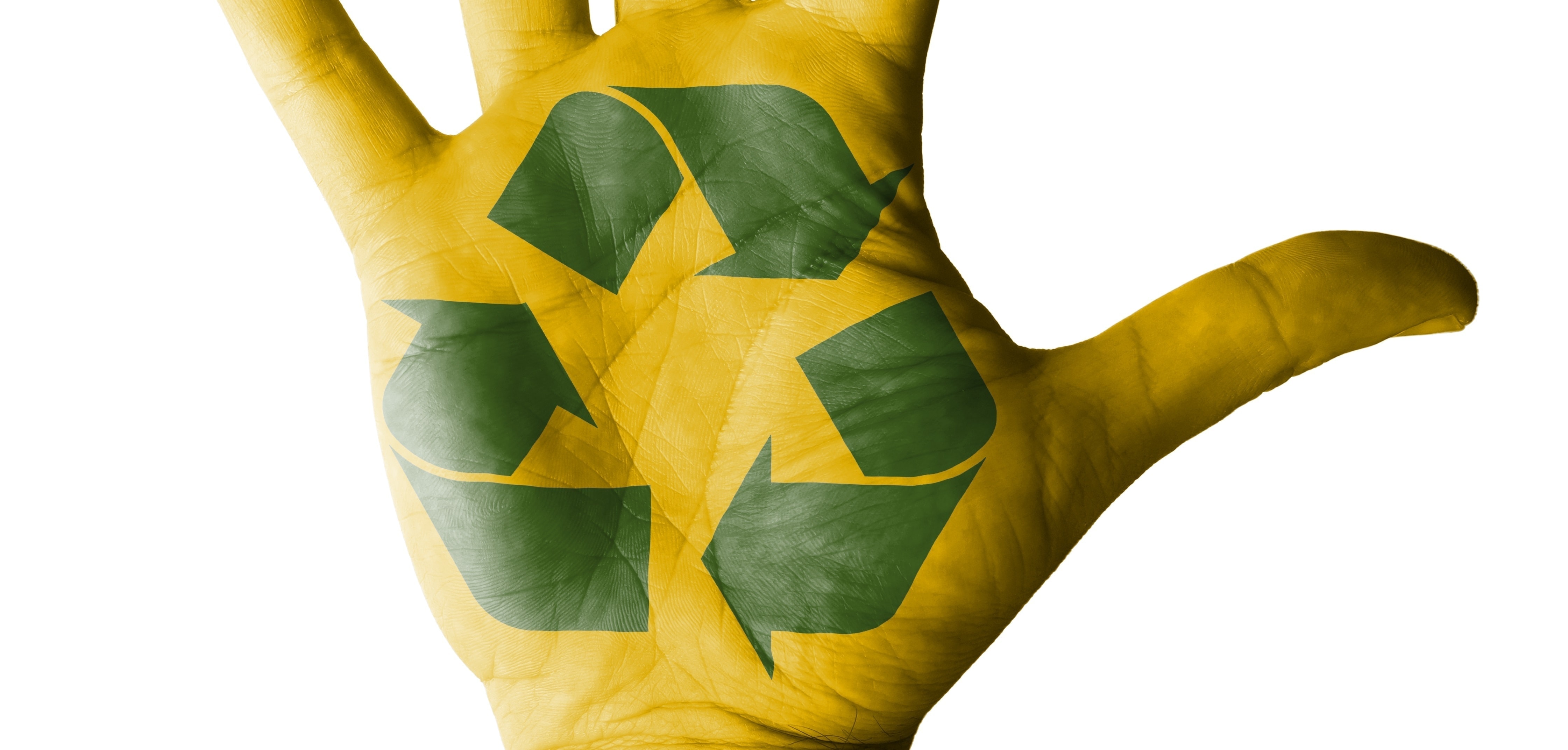
Urban services transformation: from Stickers to Tattoos
Ferrovial Services is global partner of the 2016 Smart City Expo World Congress, which will take place from 15th to 17th of November in Barcelona.
14 of November of 2016
Citizens demand new urban services models. Urban services, even the most traditional ones such as waste collection or street cleansing, will be very different in a few years’ time.
Citizens, not local governments or service providers, are the ones that can inspire and foster this unstoppable transformation. Existing urban services don’t channel the citizen’s need to contribute to the social and environmental performance of their local communities.
It is precisely this dissatisfaction on the part of the citizen that makes us reconsider the current urban solutions from scratch. It makes me think of stickers and tattoos. Everyone gets the same stickers, they are easy to apply but their effectiveness fades over a short period of time. However, tattoos are unique for each person, remain over time and we are emotionally committed to what they mean to us.
Stickers, a common way to inform and encourage civic behaviours (‘do this, don’t do that’) such as recycling, could work as a good analogy to illustrate the citizens’ dissatisfaction with urban services. Stickers:
- … are distributed by organizations that in most cases are unknown to the citizen
- … don’t provide clarity about who their promoted behaviours benefit
- … don’t take into account citizens’ user experience in their design
Tattoos, on the opposite side, represent very well the profile of the forthcoming citizen-centric services. Tattoos:
- … are part, on a completely voluntary basis, of our identity as individuals
- … reflect long-term commitment with something we feel attached to and are proud of
- … are customized according to our preferences
The Sticker model will not remain from the moment when citizens have a prominent role in the design of urban services.
The role of service providers to accelerate the citizen-centric scenario
The change from Stickers to Tattoos will not happen spontaneously, it requires a clear direction of travel and the collaboration of urban stakeholders to develop new know-how, mindset and technological, legal and financing frameworks.
We, at Ferrovial Services, believe that service providers have a crucial role to play to make this transformation happen as soon as possible. Inspired by this objective, our urban innovation strategy is articulated through tangible collaborative programmes and focused research on citizen intelligence.
We look forward to sharing our experience and insights with the global urban innovation ecosystem at the Smart City Expo World Congress. Our contribution to the event will address and illustrate the key ingredients of the next generation of urban services:
- Application of cutting-edge technologies and solutions. Our Ferrovial Services space (stand B204) will showcase 8 selected innovation programmes, the prototype of our autonomous street cleansing cart and our Innovative Solutions Catalogue. Also, on November 16th ICEX and Ferrovial Services will deliver the award of the Urban Solutions Programme to Thaumat, a Spanish company with a proprietary system to improve the workers’ safety using wearable technology.
- Data-driven management. On November 17th we will participate as speaker in the plenary session “Data for Urban and Social Transformation”. We will share with the audience our approach and learnings from our research work on data analytics applied to environmental services, developed through collaborative programmes such as Santander City Lab.
- New service models with a prominent role of the citizen. We will participate as speakers in two parallel sessions on November 16th. In the first one, “Public-private-people partnerships and new forms of collaboration” we will explain, together with Madrid City Council, our collaboration on services innovation. In the second session, “Scaling up social innovation through living labs”, we will share with the audience our UK experience on the topic, including examples such as our Sheffield Smart Lab and Revive
The journey to the Tattoo model is challenging. It requires a great deal of strategy, determination and humbleness as well as close collaboration with citizens, local authorities and other urban stakeholders that share our vision of the future.
The forthcoming citizen-centric scenario will enable new civic business models that will combine financial, social and environmental performance. Everyone will win.
Read more about Ferrovial´s approaches to urban innovation here.





There are no comments yet